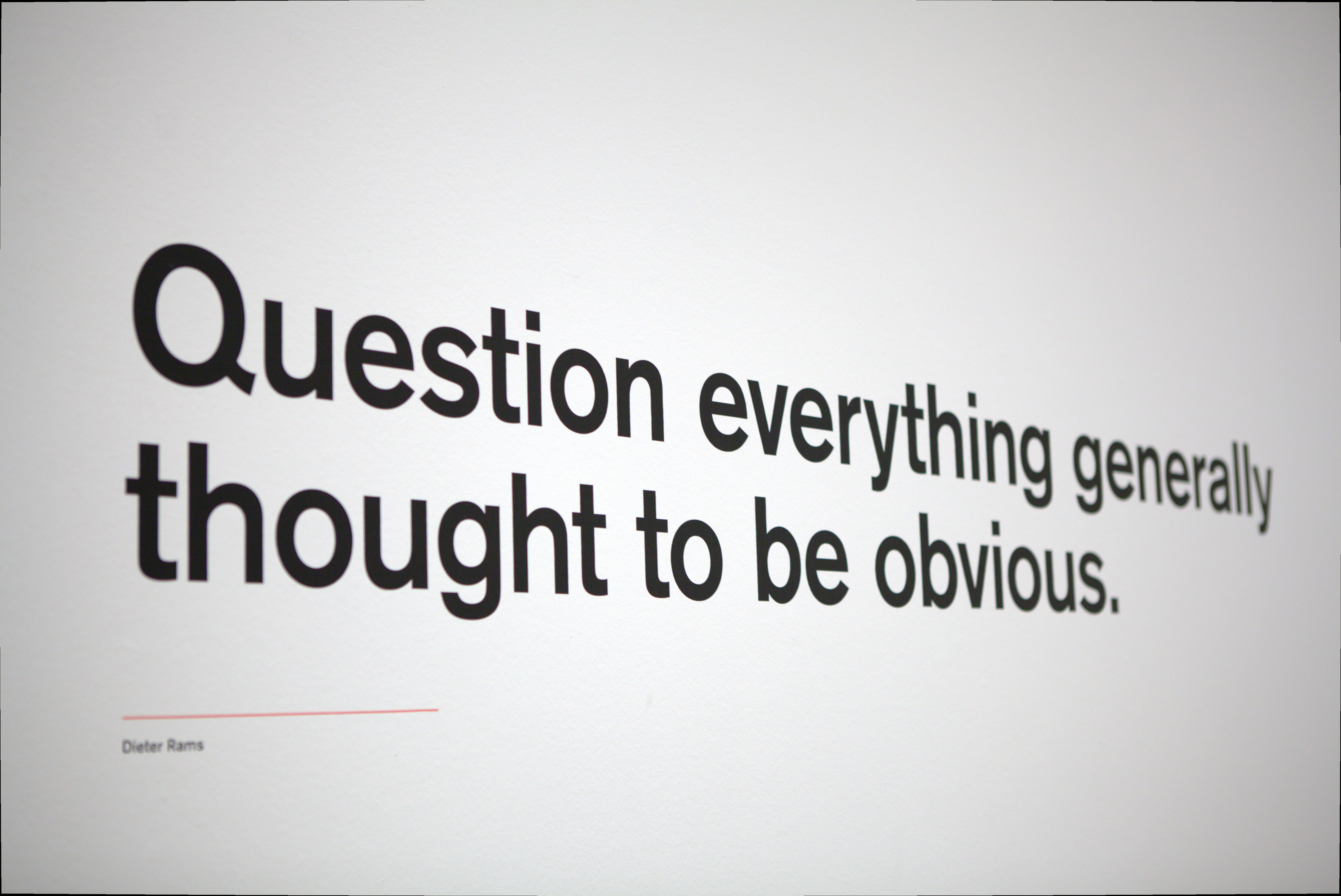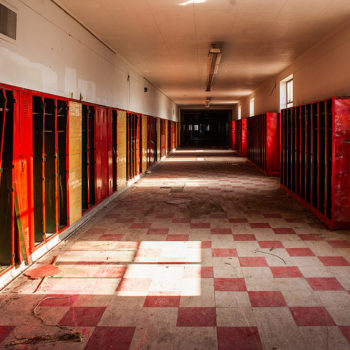People always say, “There’s no such thing as a stupid question.” And maybe that’s true in theory. But in real life, especially when you’re surrounded by people who seem like they know exactly what they’re doing, asking a question can feel like the scariest thing in the world. That’s exactly how I felt during one of the most embarrassing (but important) moments of my basketball journey.
I’ve been playing basketball since I was in elementary school, and by the time I was a senior in high school, I was on the varsity team. You’d think I had it all figured out. But there was one part of the game I had always secretly struggled with reading a zone defense. Everyone on the team seemed to understand it, and when coaches would yell out “They’re in a 2-3!” or “Look for the gap in the zone!” I would nod along and pretend I knew exactly what to do. The truth? I didn’t. Not completely, anyway. I understood the basics, but I didn’t feel confident reacting to it in real time. I always felt a split second behind, and I could tell that hesitation was hurting my performance.
But I was terrified to ask for clarification. I kept thinking, What if Coach thinks I haven’t been paying attention all these years? What if the other girls laugh or start to think I’m not varsity team material? I let those worries control me, so I stayed quiet. Game after game, I hoped we’d face man-to-man defense because I felt more comfortable with it. But of course, that’s not how life or basketball works.
One night, we had a big home game against our school’s rival. The gym was packed, and everyone was hyped. Early in the second quarter, our opponents switched into a 2-3 zone. Coach yelled out a play for breaking the zone, but I hesitated. I wasn’t sure where I was supposed to cut or if I should stay in the corner or flash to the free-throw line. I second-guessed myself and ended up clogging the lane instead of spacing the floor. The ball swung to me late, and I took a rushed shot that clanged off the rim.
Timeout.
Coach was visibly frustrated. “We talked about this! You’ve got to recognize the gaps in the zone. “Attack the seams!” he said, looking around at the team, but his eyes lingered on me. I nodded quickly, heart pounding, but inside I was panicking. I didn’t know what seams he meant or how to “attack” them. I felt like I had failed not just in that moment, but for all the times I’d pretended to understand instead of just asking the question I really needed to ask.
At halftime, I sat in the locker room trying to act like everything was fine. But something in me snapped. I was tired of feeling lost. Tired of pretending. So before we went back out, I pulled Coach aside. I kept my voice low so no one else could hear. “Coach,” I said, “Can I ask something? I know this might sound dumb, but I don’t fully understand how to beat a zone defense. Like, I know what it is, but I’m not always sure where to move.”
I braced myself for the disappointment or worse, a lecture. But that’s not what happened.
Coach looked at me and said, “Thank you for telling me. That’s not a dumb question at all. I’d rather you ask than keep pretending.” Then he grabbed the whiteboard and walked me through the whole thing, breaking it down simply: how the zone shifts, how to find the soft spots, when to cut, and where to look for passes. He even pointed out how my skill set, quick first step, good mid-range shot was perfect for breaking down zones. I couldn’t believe how helpful that short conversation was.
When the second half started, I felt different, clear-headed, focused. And it showed. I started making sharper cuts, found the open spots in the zone, and even hit a short jumper from the elbow that helped us take the lead. After the game, which we ended up winning, Coach gave me a nod and said, “See what happens when you ask the right questions?”
That moment taught me something huge: asking for help isn’t a weakness. It’s actually one of the bravest things you can do. My fear of looking foolish kept me from growing for way too long. But once I finally faced that fear and asked the “stupid” question, everything changed not just in that game, but in how I carry myself on and off the court.
So now, when I hear people say, “There’s no such thing as a stupid question,” I believe them. Because the only thing worse than not knowing something is pretending that you do and missing out on the chance to get better.
“‘Question everything generally thought to be obvious.’” by Schill is licensed under CC BY-NC 2.0.












